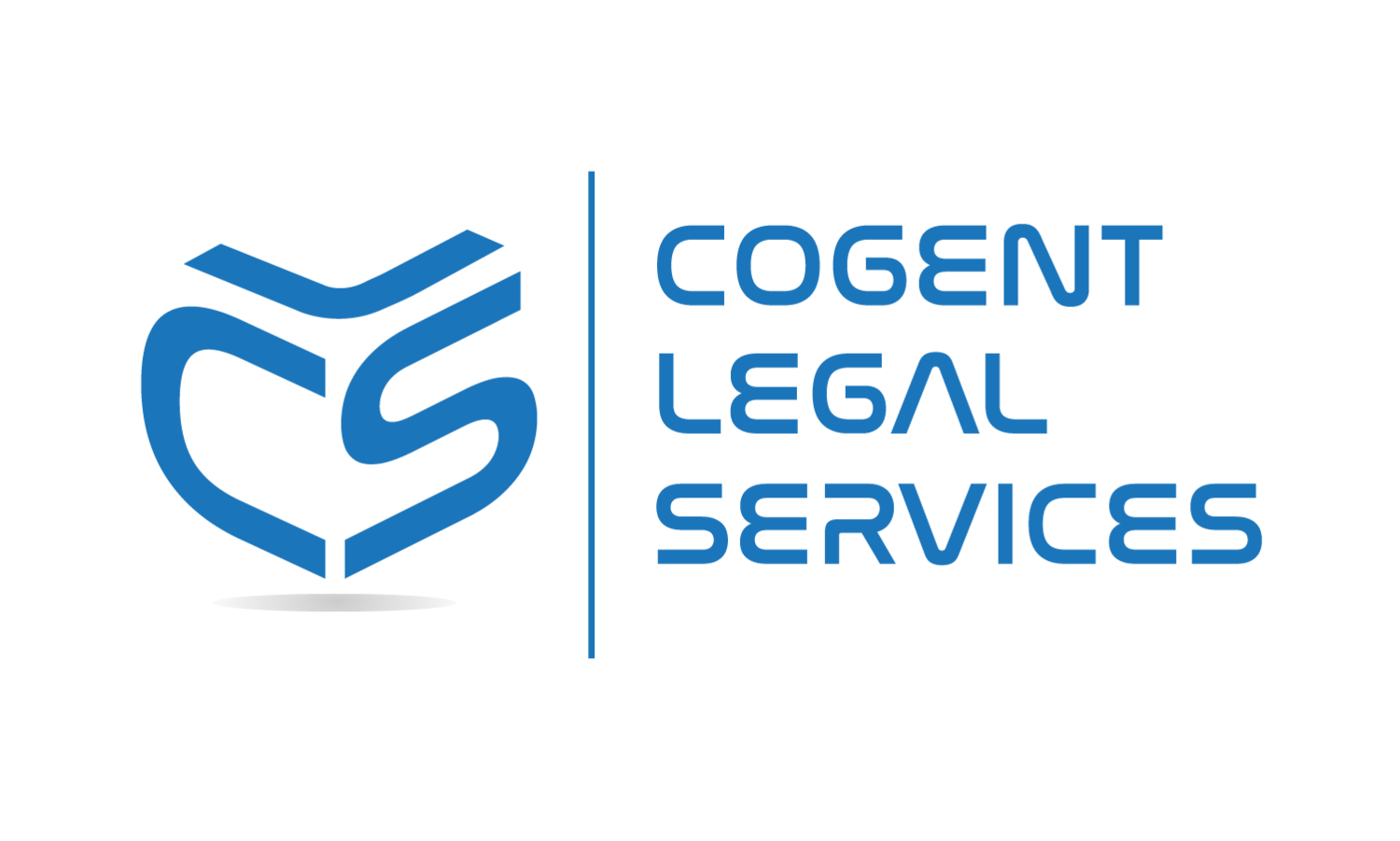From Stenography to Digital: The Future of Court Reporting is Here!
Are Digital Court Reporters the Future?
If you've ever been in a courtroom or watched an episode of Law & Order, you've likely noticed the person in the corner, rhythmically tapping away at a keyboard. That's a court reporter, meticulously recording every spoken word. But there's a new trend emerging in courtrooms across the globe - digital court reporting. The question is, are these tech-savvy professionals the future?
Understanding Digital Court Reporting
So, what exactly is a digital court reporter? Picture this: instead of relying on a human's typing speed and ears, we employ high-tech audio and video recording equipment to capture everything. Every single word, every pause, every inflection - caught in digital format. When compared to their traditional counterparts, digital court reporters can often capture more detail with less room for error. It's the difference between painting a scene by hand and taking a high-resolution photograph.
As an experienced court reporter, I can remember the days when my fingers would ache from hours of stenography. So, the potential benefits of this technology are not lost on me. But it isn't all sunshine and roses; there are challenges to this shift as well.
Advantages of Digital Court Reporting
The benefits of going digital are pretty clear. First off, it's all about speed and efficiency. Digital court reporters can capture the rapid-fire pace of legal proceedings with remarkable accuracy. In my days as a traditional court reporter, keeping up with fast-talking lawyers was a real challenge. But with digital court reporting, even the quickest discourse is recorded verbatim.
Next, we've got the advantages of digital archives. Ever tried to find a specific quote or piece of information in a massive pile of paperwork? It can feel like searching for a needle in a haystack. With digital reporting, you can search and find specific information with a few keyboard strokes.
Challenges of Digital Court Reporting
However, it's not all plain sailing. One main challenge is the limitations of technology. Sometimes the recording devices can malfunction, or the quality of audio might be poor, which can have a significant impact on the final transcript.
And then, there's the human element. While it's fantastic that machines can do some of the heavy lifting, they can't yet interpret context or emotion as well as a human. In the legal field, understanding the subtleties of language is crucial.
Another hurdle is the pushback from legal professionals who are more comfortable with traditional methods. It's a bit like when my grandma refused to use a smartphone because her old flip phone "worked just fine."
Case Studies: Digital Court Reporting in Action
Despite these challenges, digital court reporting is already making waves. There are numerous instances where it has been successfully deployed, revolutionizing the way court proceedings are recorded. From small-claims courts in Nebraska to high-stake trials in Manhattan, digital court reporting is proving that it's more than just a novelty.
The Future of Court Reporting: A Woman's Perspective
One aspect that excites me is the potential of digital court reporting to empower women in the legal field. With the flexibility of digital technology, juggling career ambitions and personal life could become a bit easier. And for women under 40, who are often managing the demands of young families, this is especially appealing.
This flexibility and potential for a better work-life balance could attract more young women to consider a career in this evolving profession. I know that if digital court reporting had been an option when I was starting, it would have certainly caught my attention.
Conclusion
The future of court reporting looks like it might be digital. It's an exciting prospect, filled with potential for efficiency, accuracy, and a better work-life balance. As with any significant change, there are hurdles to overcome, but with every technological advance, these barriers are being whittled down.
Call to Action
If you're interested in law, technology, or looking for an exciting career with the potential for flexibility, then the future of digital court reporting is certainly something to watch. For those wanting to explore more, there are numerous online resources available to help you navigate this rapidly evolving field. So why not take the plunge and be a part of the digital revolution in court reporting?
Remember, as with any career, the most important thing is to follow your passion. If you find joy in your work, it's no longer a job but a calling. So, whether it's traditional or digital court reporting, if it speaks to you, give it your all. That's the best way to build a fulfilling career.

